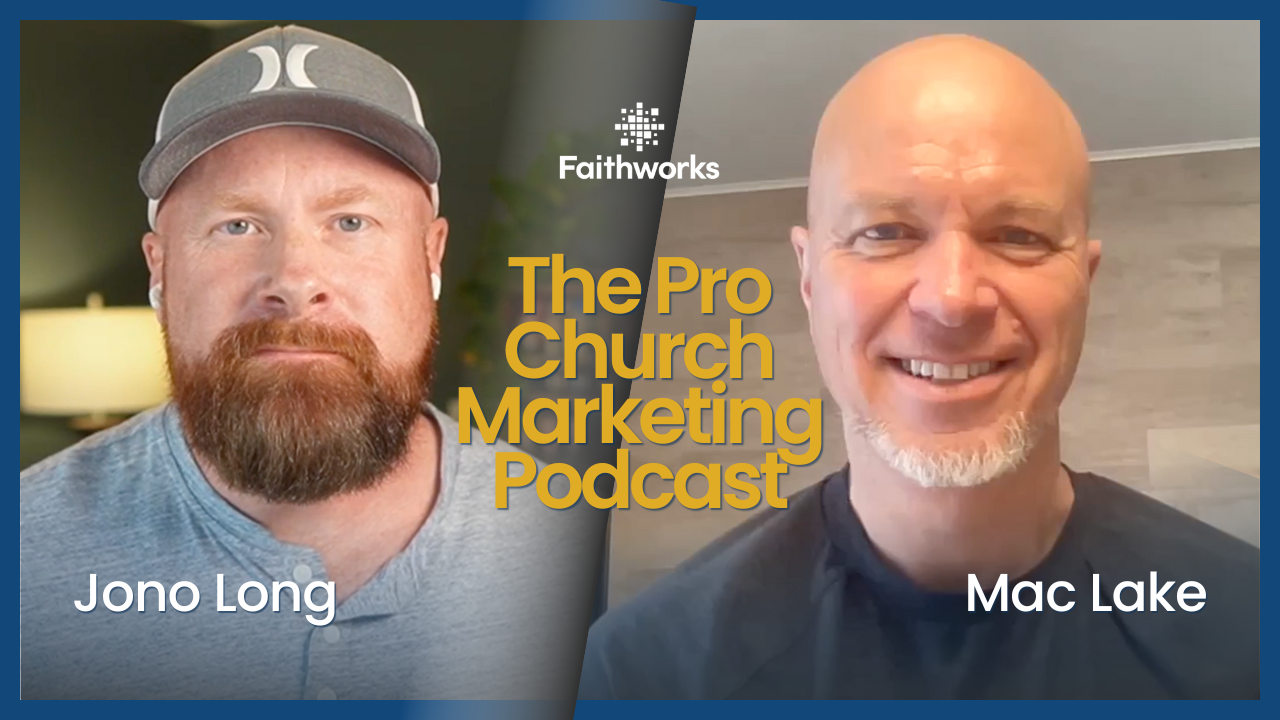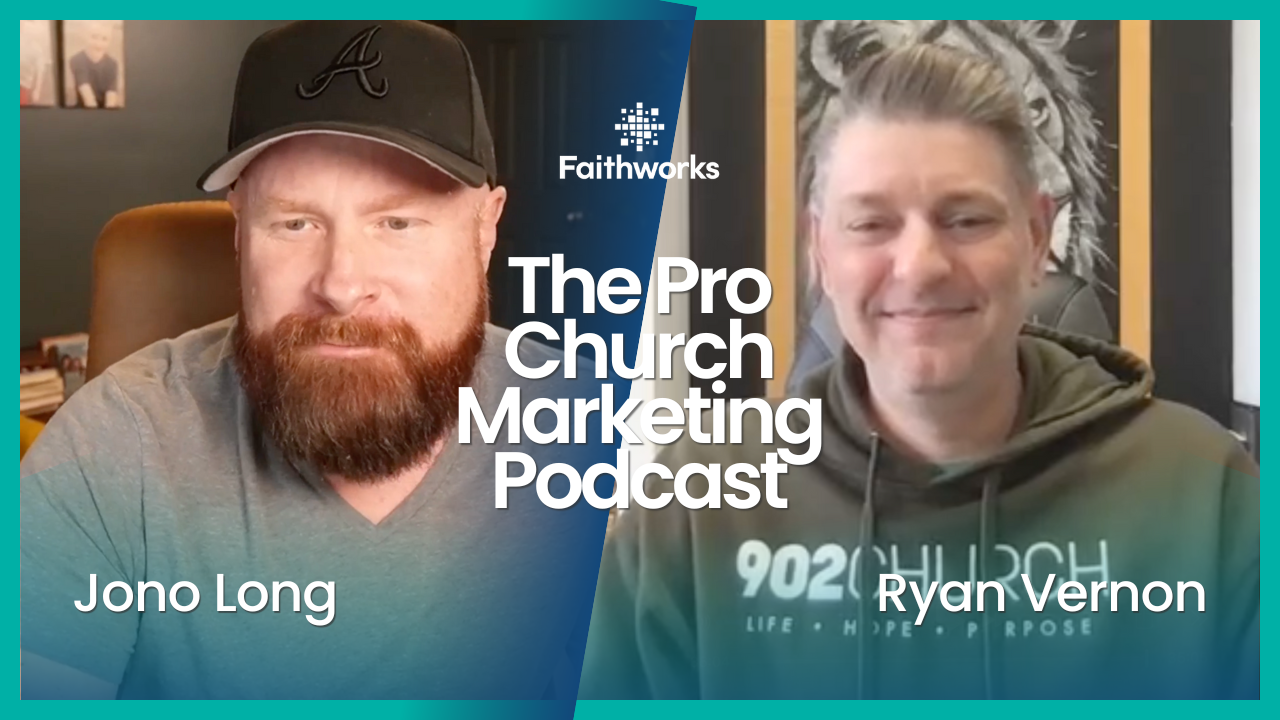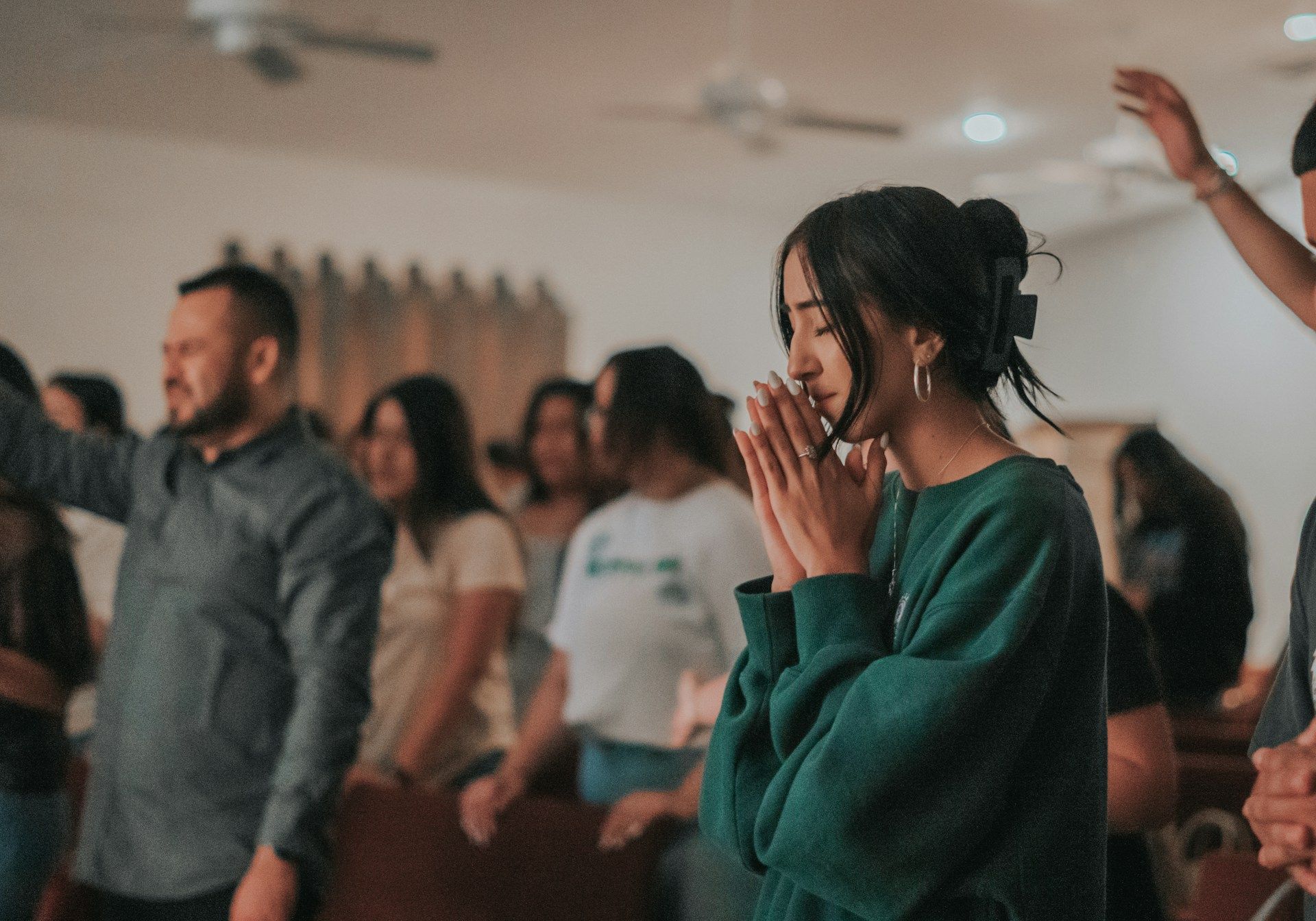Boosting Online Visibility for Churches with SEO
A strong online presence is crucial for churches to reach their community effectively. Search Engine Optimization (SEO) is an essential tool that can help us improve our website's visibility and ensure that we appear at the top of search engine results when people are looking for a church or faith-based event in our area. Understanding the basics of SEO and implementing effective strategies can significantly enhance our outreach efforts.
SEO involves a combination of techniques that help search engines understand and rank our website. These include both on-page and off-page strategies. On-page SEO focuses on optimizing the content and structure of our website, while off-page SEO involves external methods like link building and social media engagement. When used together, these strategies help make our church more visible to people searching online, ultimately inviting more visitors to our website and events.
It's also important to track our progress to see how well our SEO efforts are paying off. Various tools and metrics are available that allow us to measure our success and adjust our strategies as needed. By regularly monitoring these analytics, we can ensure our website remains a valuable resource for our congregation and those looking to join our community. Keeping up with SEO trends and techniques enables us to stay relevant and maintain a strong online presence.
Understanding the Basics of SEO for Churches
SEO, or Search Engine Optimization, is the process of improving our church's website so that it ranks higher in search engine results. This means when someone searches for a church or religious service, they’re more likely to find us first. Understanding SEO basics is crucial because it helps us attract more visitors to our website, increasing engagement with our community and events.
The first step in SEO is knowing how search engines like Google work. They use algorithms to decide which websites appear at the top of search results. These algorithms look for keywords, quality content, and how user-friendly a website is. By making sure our website follows these guidelines, we can improve its chances of being seen by more people. Keywords are specific words or phrases that people use when searching online. For instance, "Monroe, GA church services" could be a keyword we use often in our content to attract local searchers.
On-Page SEO Techniques to Improve Your Church Website
On-page SEO focuses on optimizing the content and structure of our website. This is something we can control directly. One of the most important on-page SEO techniques is using the right keywords. By including relevant keywords in our titles, headings, and throughout the text, we can make sure search engines understand what our pages are about. For example, using phrases like "Monroe, GA church events" or "Sunday services in Monroe" can help draw local traffic.
Another crucial element is the quality of our content. Engaging and informative content keeps visitors on our site longer, which tells search engines that our site is valuable. This includes updating our blog regularly, sharing sermon summaries, and posting about upcoming events. Additionally, optimizing images by including descriptive file names and alt text can help search engines index our site better.
Making sure our website is mobile-friendly is also essential. Many people use their phones to search for information, and if our site doesn't load properly on a mobile device, we could lose visitors. Keeping our site speed fast, having a clear and easy-to-use navigation menu, and ensuring all content is easily accessible on mobile devices are key strategies in on-page SEO.
By focusing on these on-page SEO techniques, we can make our church's website more visible to search engines and more attractive to potential visitors from your target city. This will help us grow our community and make it easier for people to find the information and support they need.
Off-Page SEO Strategies to Enhance Local Presence
Off-page SEO focuses on building our website's reputation and authority through external methods. This includes activities that happen outside our website but can influence how search engines perceive it. One effective strategy is building backlinks. Backlinks are links from other websites to our site. When reputable local websites, such as local news outlets or community organizations, link to our church website, it signals to search engines that our site is trustworthy and relevant.
Another important off-page SEO strategy is engaging with social media. By actively updating our social media profiles and interacting with followers, we can create more opportunities for people to share our content. Sharing updates about events, posting sermons, and engaging in community discussions can drive more traffic to our website. This not only improves our site's visibility but also fosters a stronger connection with the community.
Participating in local online directories is another useful tactic. Listing our church in directories like Google My Business, Yelp, and local church directories can enhance our local presence. Ensuring these listings are accurate and complete with our latest contact information, service times, and events can help attract local visitors searching for a church in your area. By leveraging these off-page SEO strategies, we can enhance our church's online reputation and visibility.
Tools and Metrics to Track SEO Success for Churches
Tracking our SEO efforts is crucial to understanding how well our strategies are working. Several tools and metrics can help us measure our success. Google Analytics is an essential tool that provides detailed insights into our website's traffic. It shows us how many visitors we receive, where they come from, and which pages they view the most. This information helps us identify what's working and what needs improvement.
Another valuable tool is Google Search Console, which allows us to monitor our website’s performance in search results. It provides data on our keyword rankings, indexing status, and any crawl errors that could affect our site's visibility. By regularly reviewing this data, we can make informed decisions about optimizing our website further.
Key metrics to track include organic traffic, which measures how many visitors find our site through search engines, and bounce rate, which indicates how many visitors leave our site after viewing just one page. A lower bounce rate suggests visitors find our content engaging and stay longer. Additionally, tracking the number of backlinks and social shares can help us gauge the effectiveness of our off-page SEO strategies. Using these tools and metrics, we can continually refine our SEO efforts and ensure our site remains a hub for the community.
Conclusion
Enhancing the online presence of our church in your city through effective SEO strategies is essential for connecting with our community. From understanding the basics of SEO and implementing both on-page and off-page techniques, to utilizing insightful tools and metrics, each step plays a vital role in our digital outreach. These efforts enable us to attract more visitors, engage our congregation, and provide valuable resources to those seeking spiritual support.
If you're ready to take your church's online presence to the next level, Faithworks Marketing offers specialized services in websites, SEO,
Google Ad Grants, and social media tailored specifically for churches. Contact us today to learn how we can help you harness the power of SEO to grow your church community.
Latest Posts












